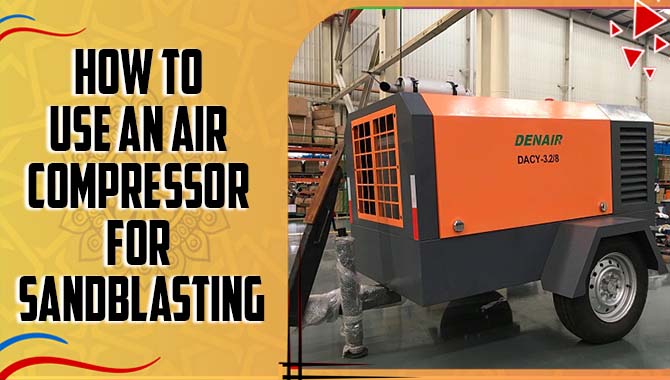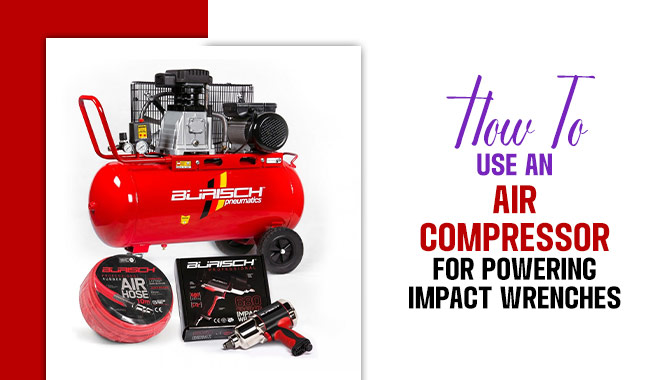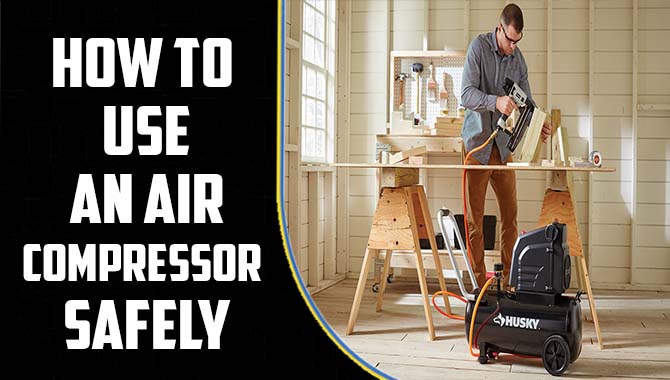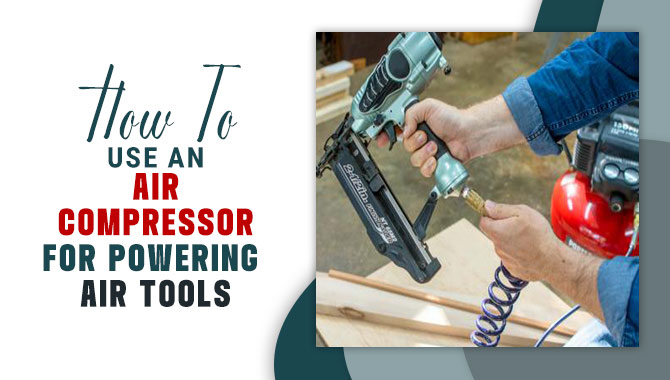The air compressor industry is constantly evolving with new technologies, and the debate between rotary screw air compressors and reciprocating air compressors is an ongoing one.
Both types of air compressors have their advantages and disadvantages, and it is important to understand the differences between them in order to make an informed decision. This article will explore the features of rotary screw air compressors and reciprocating air compressors, and provide insight into the pros and cons of each type.
In the end, you will be able to make an informed decision about which type of air compressor is best for your needs. So, let’s dive in and explore the differences between rotary screw air compressors and reciprocating air compressors.
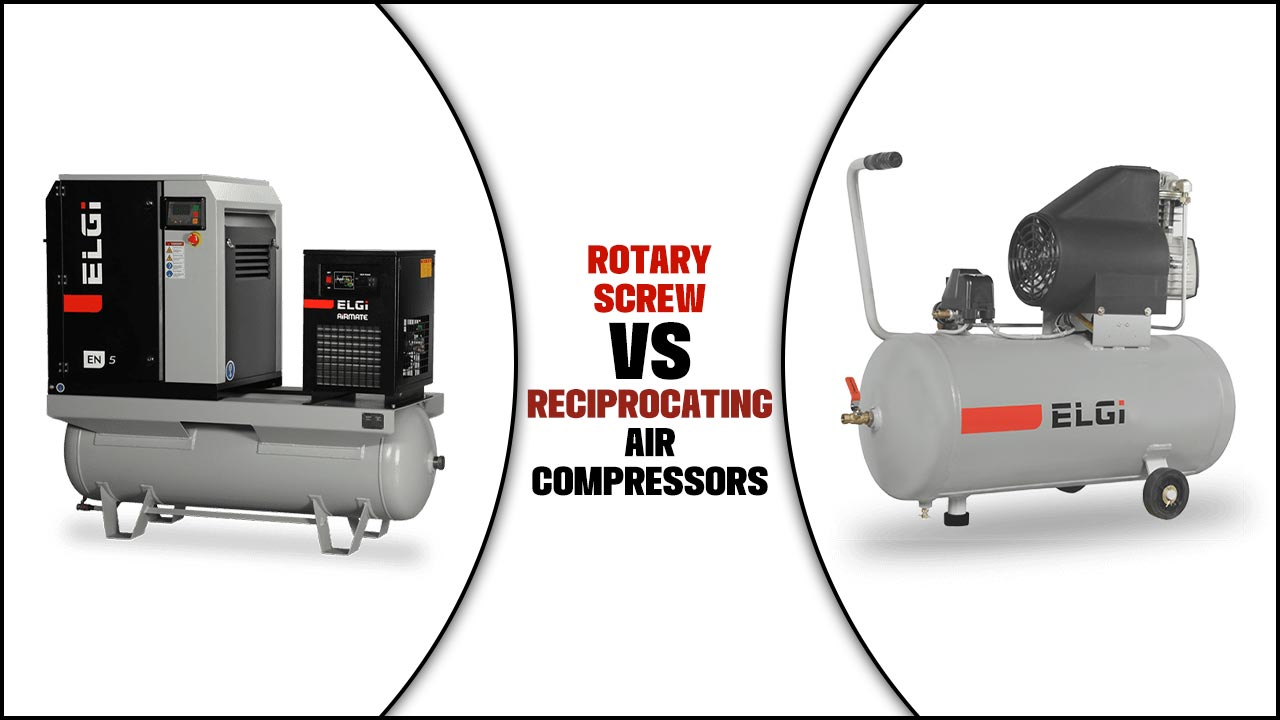
Comparing Rotary Vs. Reciprocating Air Compressors
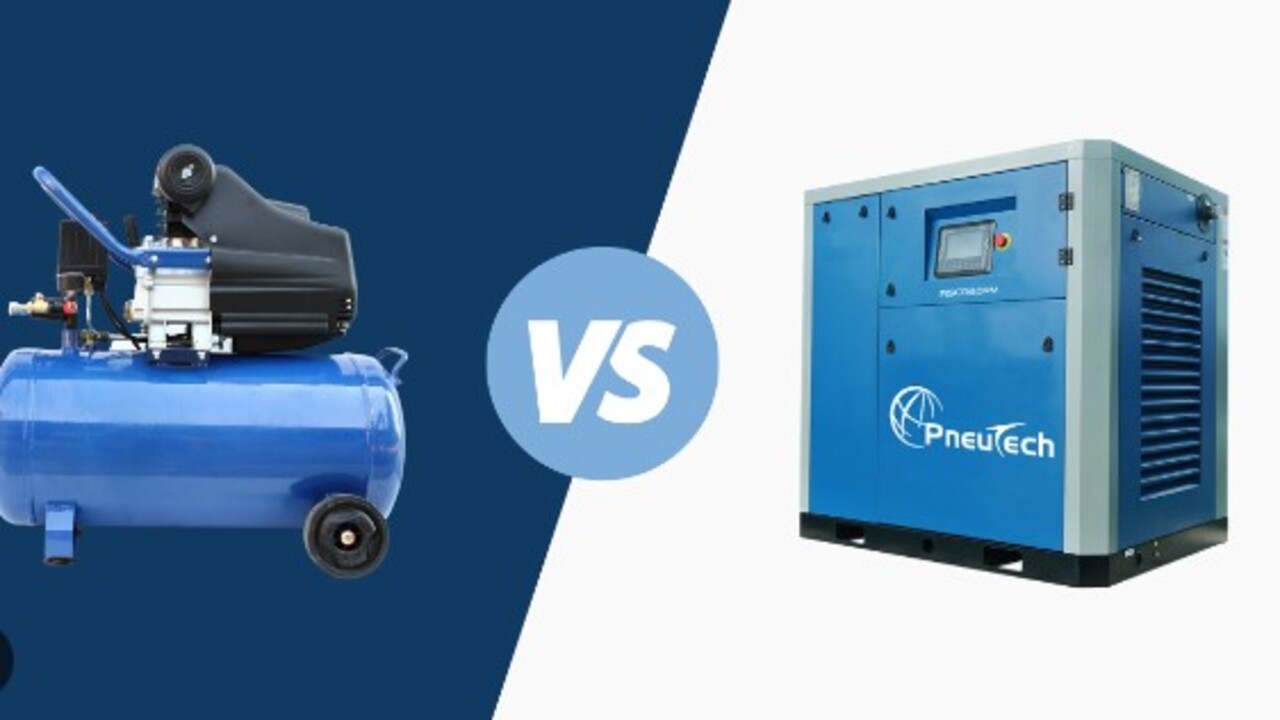
Before we dive into the comparison between Rotary Screw Air Compressor and Reciprocating Air Compressor, it is important to understand the basics of air compressors. Air compressors are machines that use mechanical energy to increase the pressure of air, which can then be used to power a variety of tools.
Air compressors come in many shapes and sizes, with the two most popular types being rotary screw air compressors and reciprocating air compressors. In this article, we will be comparing the two types and discussing their advantages and disadvantages.
We will also discuss how to choose the right type of air compressor for your needs. So, let’s get started with the comparison between Rotary Screw Air Compressor and Reciprocating Air Compressor.
Rotary Screw Air Compressors
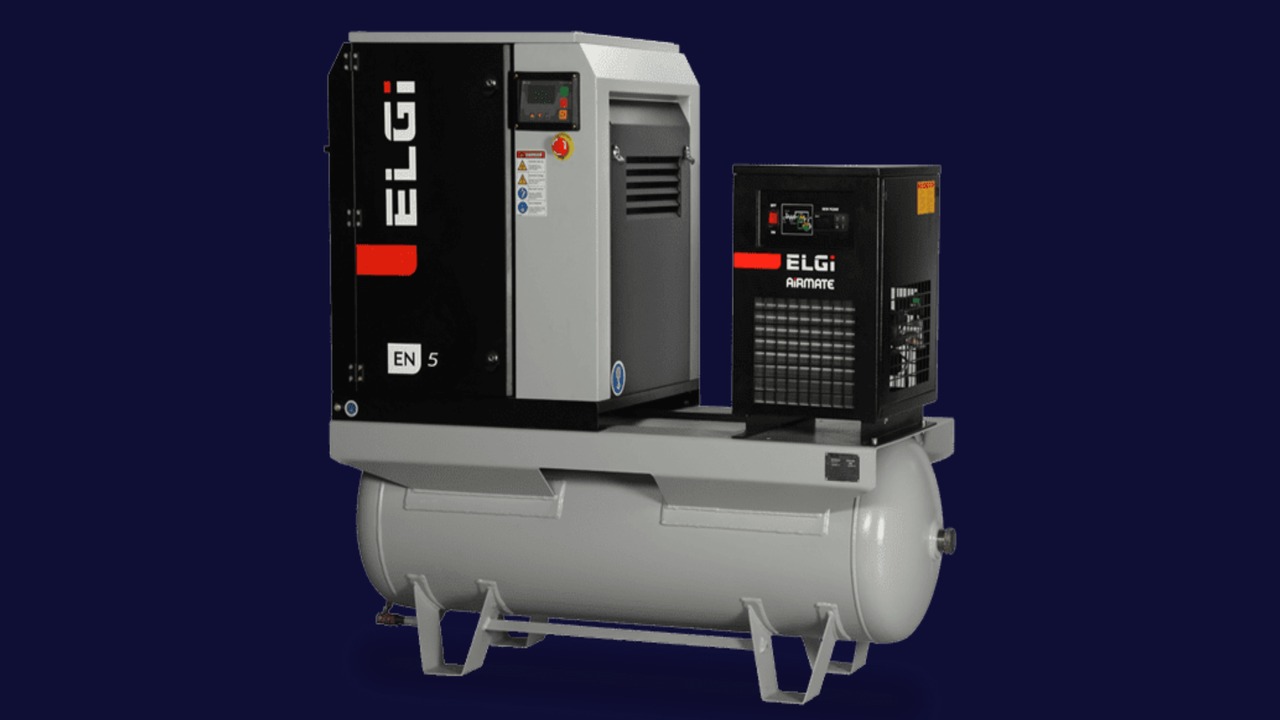
Rotary screw air compressors are a type of positive displacement compressor. They are powered by electric motors and use rotating screws to compress air. Unlike reciprocating air compressors, rotary screw air compressors are quieter, more energy efficient, and can handle higher volumes of air.
This makes them a great choice for industrial applications where multiple air tools are being used simultaneously. Additionally, rotary screw compressors are equipped with variable speed motors, meaning they can adjust to changing air requirements and save energy. This makes them ideal for operations that involve frequent changeovers.
Benefits
When it comes to air compressors, there are two main types: rotary screw and reciprocating. Each type has its own unique set of advantages and disadvantages, and understanding the benefits of each can help you decide which type of compressor is best for your needs.
Rotary screw air compressors, also known as rotary vane compressors, are much quieter and more efficient than reciprocating compressors, making them ideal for industrial and commercial applications. They also require less maintenance and have a longer life span than reciprocating air compressors.
Additionally, rotary screw compressors are able to reach higher pressures and generate larger volumes of air than reciprocating compressors. Reciprocating air compressors, on the other hand, are better suited for small projects and home use. They are more affordable than rotary screw compressors and also easier to install and maintain.
Additionally, they are more reliable and can produce a steady flow of air even in low-pressure and low-volume applications. Ultimately, the type of air compressor you choose will depend on your specific needs. If you’re looking for a reliable, efficient, and cost-effective option, a rotary screw compressor is likely to be the best choice. If you’re looking for an affordable and easy-to-install option, a reciprocating air compressor may be a better option.
Drawbacks
When it comes to drawbacks, rotary screw air compressors are slightly less efficient than reciprocating air compressors. They also tend to be more expensive due to the complexity of their design.
Rotary screw air compressors require more maintenance than reciprocating air compressors, as they need to be oiled in order to operate efficiently. Additionally, rotary screw air compressors usually require more space, as they are larger and bulkier than reciprocating air compressors.
Furthermore, rotary screw air compressors are typically noisier than reciprocating air compressors, which can be a concern for some environments. Lastly, rotary screw air compressors have a longer start-up time than reciprocating air compressors, making them not as ideal for applications which require quick start-up times.
Applications
When it comes to air compressors, two of the most popular types are rotary screw and reciprocating compressors. Each type of compressor has a range of applications it is best suited for, so it is important to know the differences between the two when selecting which is best for your needs.
Rotary screw compressors have a wide range of applications, and are suitable for constant operation in a variety of industries. They are most commonly used in industrial settings, such as textile, food and beverage, and chemical processing.
They are also used in commercial applications, such as automotive repair shops and HVAC systems. Reciprocating compressors are well suited for intermittent use in industries such as manufacturing, automotive, and construction. They are ideal for projects that require high-pressure air, such as sandblasting and pneumatic tools.
They are also used in home workshops and small businesses. When choosing between a rotary screw and a reciprocating compressor, it is important to consider your needs and the type of application you require. Knowing the differences between them can help you make an informed decision that will best suit your needs.
Maintenance
When it comes to maintenance, rotary screw air compressors are much easier to maintain than reciprocating air compressors. Rotary screw air compressors typically require fewer parts than reciprocating air compressors. This means fewer parts to wear out and fewer parts to replace. Additionally, rotary screw air compressors require less frequent maintenance than reciprocating air compressors.
This is because the rotary screw design does not rely on valves or pistons, and therefore there are fewer moving parts to maintain. Furthermore, rotary screw air compressors typically have longer service lives than reciprocating air compressors, which results in less frequent maintenance and repair costs.
Reciprocating Air Compressors
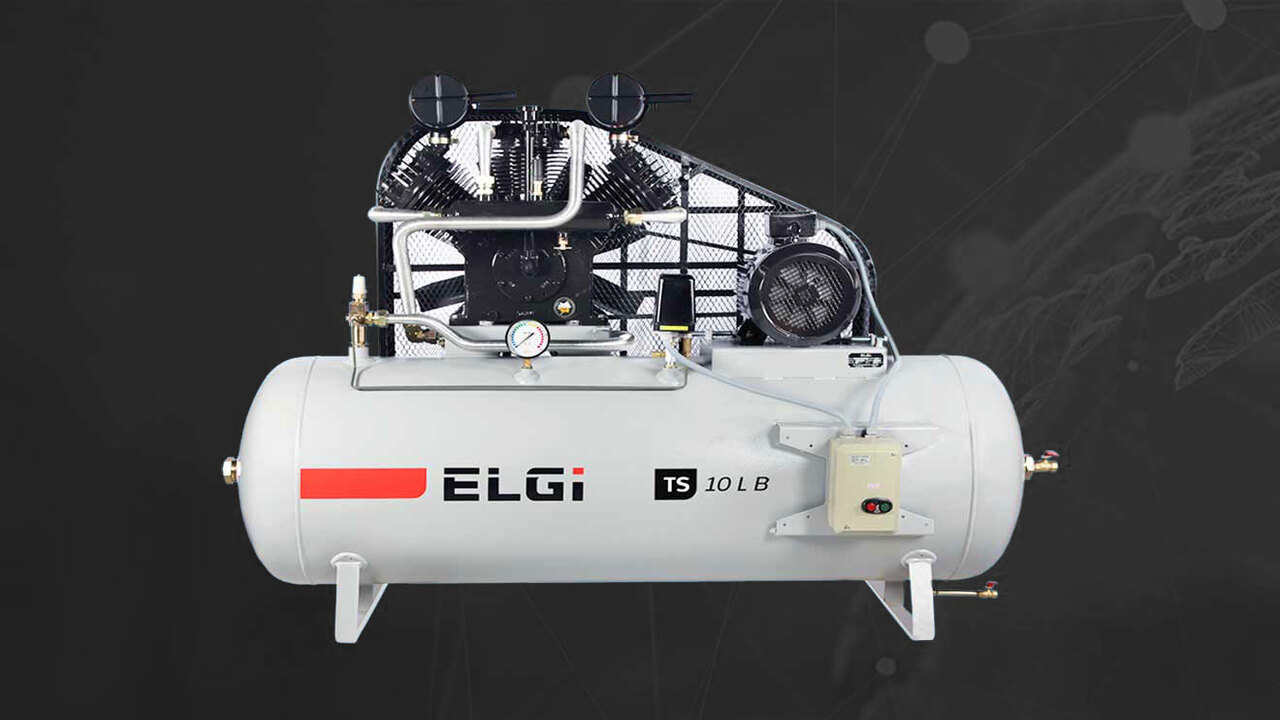
Reciprocating air compressors are one of the most commonly used types of air compressors. They are composed of two main components: a cylinder and a piston. As the piston moves back and forth inside the cylinder, it compresses the air and stores it in a tank.
This type of compressor is used for a variety of tasks, from powering a nail gun to running an air conditioner. They are also relatively inexpensive to purchase, making them a popular choice for many home and small business owners.
Unlike rotary screw air compressors, reciprocating air compressors can be used for more than just continuous operation. They are also well-suited for intermittent use, such as powering an air tool. Additionally, reciprocating air compressors can be used in a wide range of operating pressures, making them suitable for a variety of applications.
Benefits
When it comes to air compressors, there are two main types: rotary screw air compressors and reciprocating air compressors. Each type has its own advantages and disadvantages. When considering which type of compressor to use, it is important to consider the benefits of each.
Rotary screw air compressors are generally more efficient than reciprocating compressors, which makes them the ideal choice for large-scale operations that require a lot of air power. They also produce a more consistent air pressure than reciprocating compressors, making them better suited for applications that require a specific pressure.
Additionally, rotary screw air compressors require less maintenance since they generally have fewer moving parts. Reciprocating air compressors, on the other hand, are often more cost-effective than their rotary screw counterparts.
They are also better suited for smaller operations since they require less space and are easier to install. Additionally, reciprocating compressors can handle a wider range of air pressure than rotary compressors, making them a better choice for applications that require frequent changes in air pressure.
Ultimately, the choice between a rotary screw air compressor and a reciprocating compressor comes down to the specific needs of the application. Depending on the size of the operation, the type of air required, and the budget available, either type of compressor can provide a reliable and efficient solution.
Drawbacks
When considering air compressor models, two of the most common options are rotary screw and reciprocating air compressors. Both have advantages and drawbacks that should be taken into consideration before purchasing. The drawbacks of rotary screw air compressors include higher upfront cost, larger size, and increased energy consumption.
Additionally, they may require more maintenance and produce more noise than reciprocating air compressors. Reciprocating air compressors on the other hand, are more affordable and smaller than rotary screw air compressors, but they tend to consume more electricity and require more frequent maintenance to ensure optimal performance.
They also generate more vibration than their rotary screw counterparts. Ultimately, the choice between rotary screw and reciprocating air compressors should be based on the specific needs of the user.
Applications
Rotary screw air compressors and reciprocating air compressors can be used in a variety of applications. Rotary screw air compressors are typically used in industrial settings and are a go-to choice for continuous, high-volume air production.
They are used in applications such as powering automotive production lines, printing presses, and machine shops. Reciprocating air compressors are more suitable for intermittent, low-volume air production. They are used in applications such as powering nail guns, sanders, or spray guns. Both types of compressors are also used in air-conditioning systems.
Maintenance
Maintenance of rotary screw air compressors is relatively simple compared to reciprocating air compressors. Rotary screw air compressors require regular oil changes, filter changes, and belt changes, but these are all easily accessible and can be done quickly.
Reciprocating air compressors need more frequent maintenance, such as lubrication of pistons and valves, and the process is more complex and time consuming. Additionally, reciprocating air compressors require more frequent monitoring than rotary screw air compressors to ensure proper operation and to avoid breakdowns.
Rotary screw air compressors are also more energy efficient, so they require less energy to maintain. In summary, rotary screw air compressors require less maintenance than reciprocating air compressors, making them more cost effective over the life of the compressor.
Conclusion
Rotary screw air compressors and reciprocating air compressors are two of the most common types of air compressors on the market. While both types are used for a variety of applications, they have some key differences. Rotary screw air compressors are more efficient, require less maintenance, and are quieter than reciprocating air compressors, but they also tend to be more expensive.
Reciprocating air compressors, on the other hand, are less expensive and can handle higher pressure applications, but they are also louder and require more maintenance. Ultimately, the choice between a rotary screw or reciprocating air compressor depends on the application and budget.
FAQ’s
1.What Are The Advantages And Disadvantages Of Each Type Of Air Compressor?
Ans: The advantages of a piston compressor are that they are affordable, easy to maintain and have a high flow rate. The disadvantage is that they are loud and inefficient. The advantages of a rotary screw compressor are that they are quieter than a piston compressor and more efficient. The downside is that they are more expensive and require more maintenance.
2.What Are The Differences In Cost Between Rotary Screw Air Compressors And Reciprocating Air Compressors?
Ans: The cost of a rotary screw air compressor is usually more expensive than a reciprocating air compressor. Rotary screw air compressors have higher efficiency levels and require less maintenance, which results in a lower cost over time.
Reciprocating air compressors have a simpler design and require less initial investment, but they are less efficient and require more maintenance. In the long run, a rotary screw air compressor can be more cost-effective than a reciprocating air compressor.
3.What Types Of Industrial Applications Are Best Suited To A Rotary Screw Air Compressor?
Ans: Industrial applications that require continuous operation, such as manufacturing, automotive, and construction, are best suited to a rotary screw air compressor. These compressors are able to provide a steady flow of air and have a longer life span than other types of compressors.
They are also able to operate in wide temperature ranges and have a higher tolerance for dirt and other contaminants. Finally, they have a higher efficiency than other compressors, meaning they require less energy to operate.
4.What Types Of Industrial Applications Are Best Suited To A Reciprocating Air Compressor?
Ans: Reciprocating air compressors are best suited for industrial applications that require a continuous, steady flow of air, such as powering pneumatic tools, filling tires, and driving conveyers. They are also effective for applications that require high pressures, such as for air brakes or for molding and painting processes.
Reciprocating air compressors are not ideal for applications that require a large volume of air in short bursts, such as for sandblasting, as they cannot deliver enough air quickly enough.
5.What Are The Maintenance Requirements Of Each Type Of Air Compressor?
Ans: The maintenance requirements of an air compressor depend on the type of compressor. For piston compressors, regular oil changes and filter replacements are necessary. Rotary screw compressors require a weekly oil top-up and air filter replacement.
Centrifugal compressors require regular inspections of the impeller and volute, as well as lubrication and filter changes. Finally, rotary vane compressors require consistent lubrication and filter replacement.


